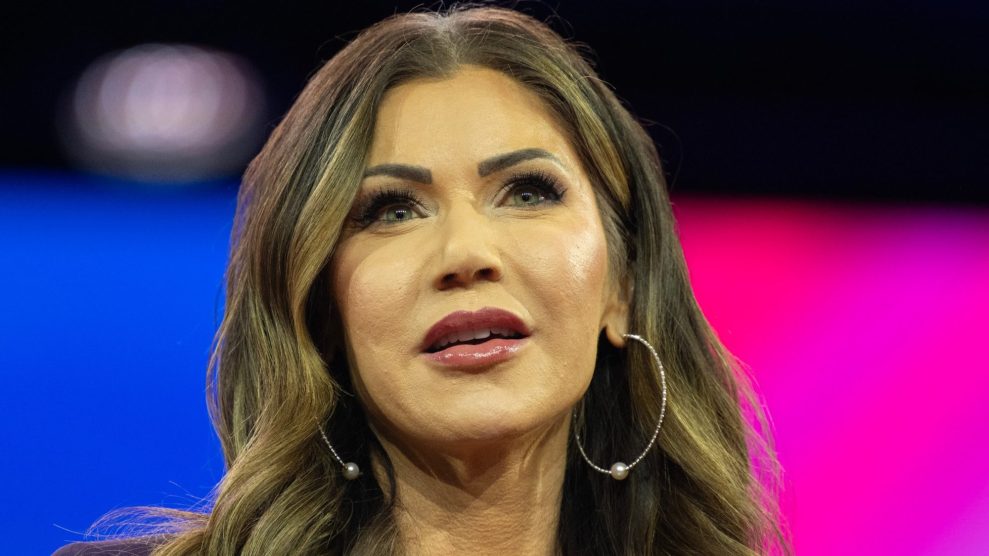In a column in today’s Washington Post, David Ignatius says the U.S. should have done more to interfere with the January 2005 Iraqi elections, supposedly to counter “Iranian influence.”
Joe Klein agrees that the administration was naive if it expected an anti-Iranian result from an unmanipulated election. But he says the idea that CIA interference could have positively influenced the elections (or won them for “former CIA favorite Iyad Allawi”) is just as silly. Was the CIA going to magically change the demographics of Iraq? As Klein points out, every Iraqi election is effectively a “census,” with voting split along ethno-religious lines:
Kurds vote for Kurds. Sunnis vote for Sunnis. Shi’ites vote Sadr or the Hakim family.
Shias were likely to win any Iraqi election with or without Iranian help. The “Iranian influence” Ignatius talks about isn’t the problem. The Iranians have influence in the first place because there are so many Shias in Iraq. And the inevitably Shia Iraqi government was inevitably going to be friendly to Iran because Iran is a Shia country.
Pinning American hopes on a change in leadership is just as naive as assuming that “if we can just hold elections, everything will turn out all right.” It’s unlikely that any Iraqi leader could truly bridge the sectarian divides. And Matthew Yglesias reminds his readers that we’ve heard the whole “a change of leadership will save us” narrative before:
Back when Allawi was booted from power in January 2005 in favor of Ibrahim Jafari, folks proclaimed this a great success and said Bush’s Iraq policy had been vindicated. They were wrong. Back when Jafari was ousted in favor of Maliki, people proclaimed this, too, as a crucial step in the right directed. They were wrong. Now Maliki’s the problem and Allawi — again! — is the solution. But they’re still wrong.
The Iraqi leadership obviously isn’t the problem. The whole nation-building project would almost certainly be a lot easier if Iraq was ethnically and religiously homogeneous. But the Shias aren’t alone. There are also Kurds and Sunnis, and all three groups hate each other. This is not a good starting point for a democracy. And putting someone new in charge isn’t going to solve the fundamental problem that Iraq is an ethnically and religiously divided country.
—Nick Baumann















